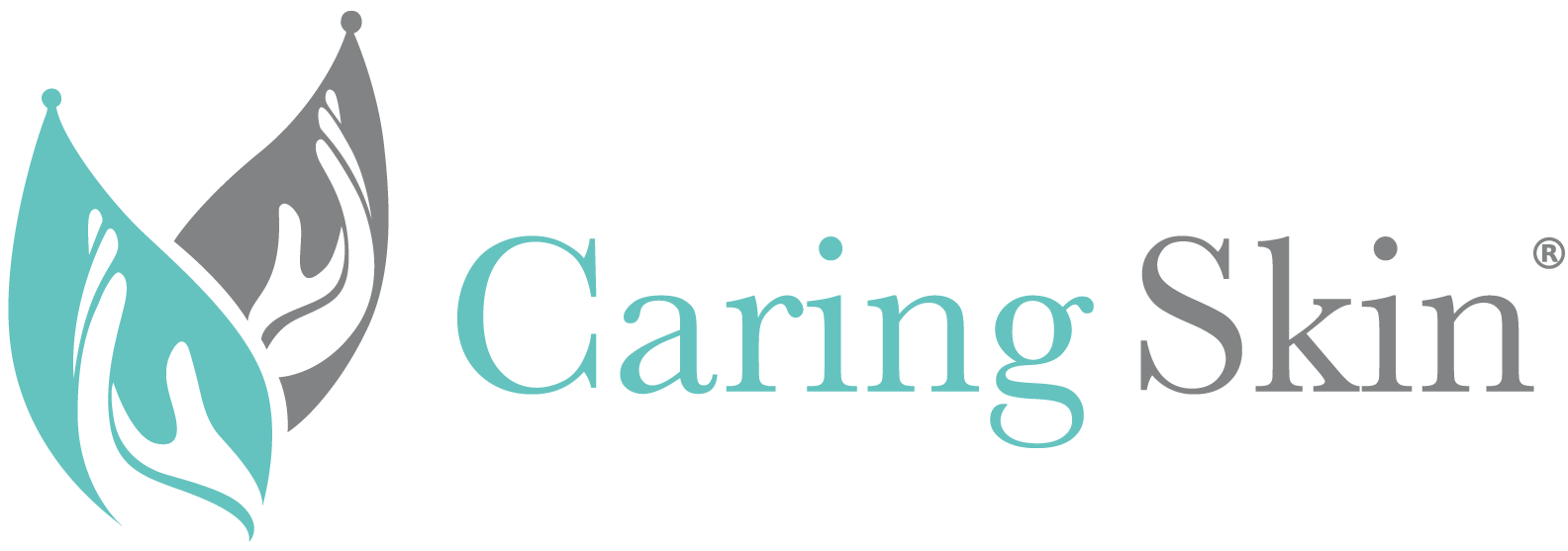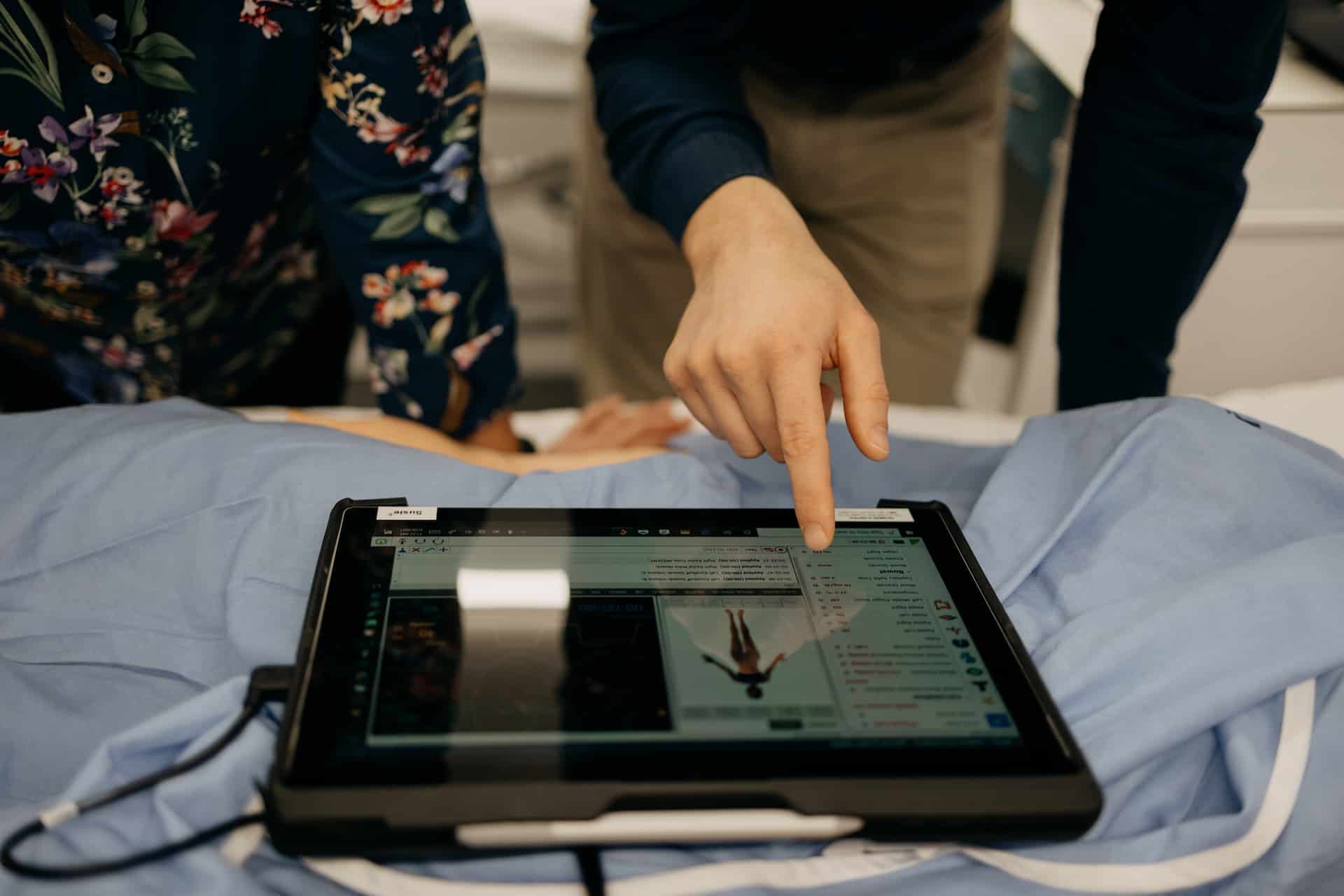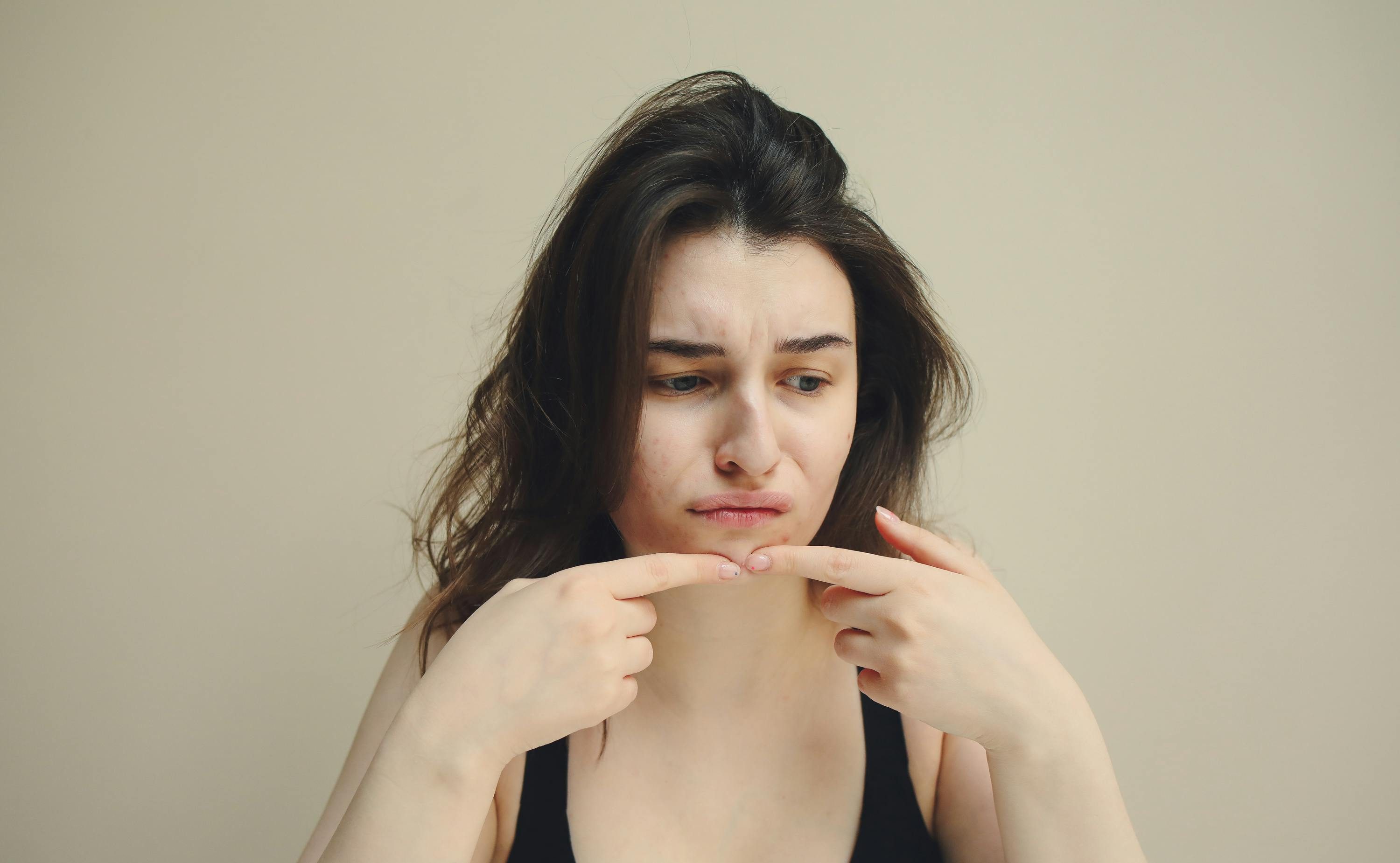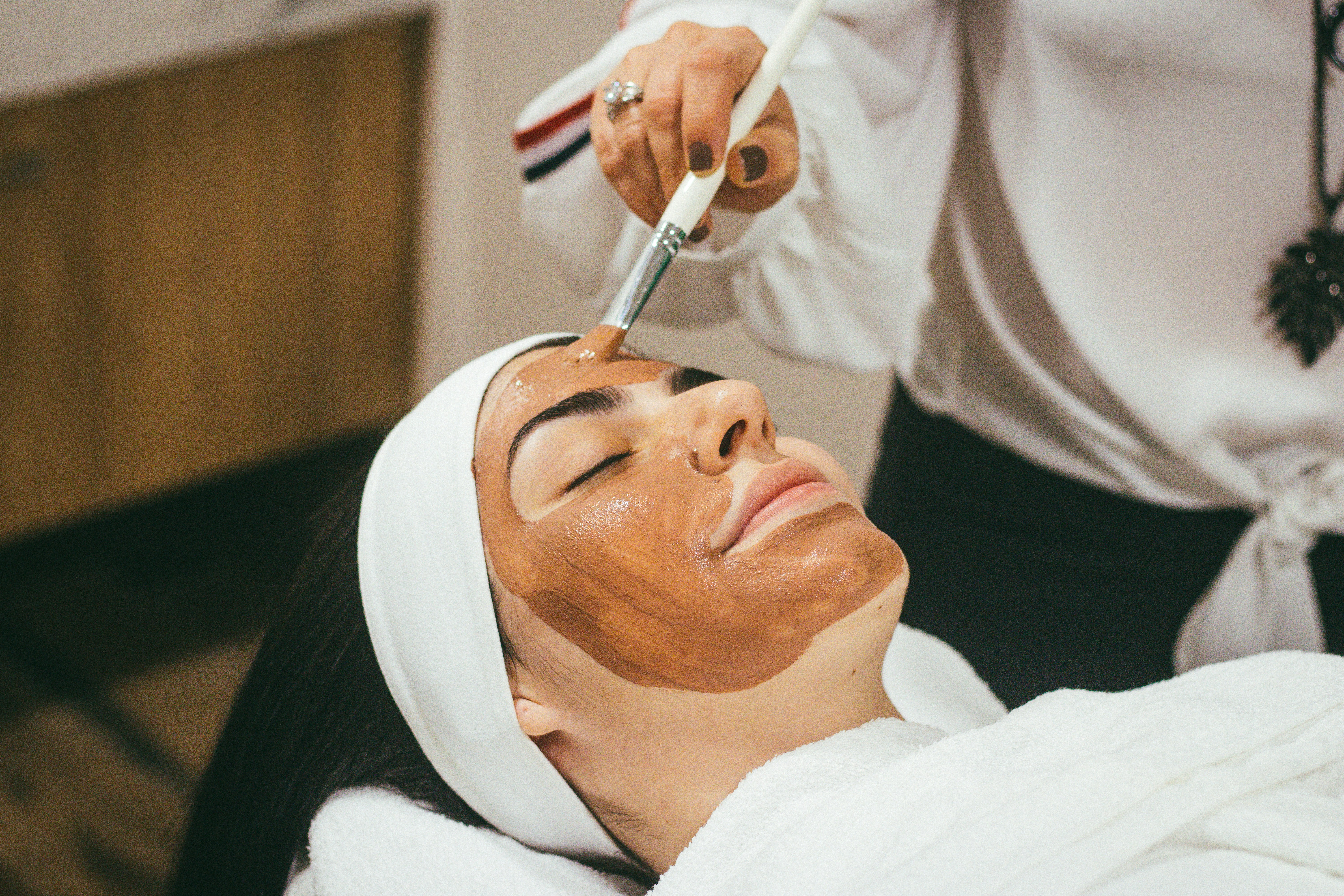Acne is a common skin condition that affects millions of people worldwide. While many factors contribute to the development of acne, diet has been a topic of interest in recent years. Research has shown that certain foods can trigger acne, while others can help prevent or reduce its severity. The role of diet in acne prevention and treatment is a complex topic that has been studied extensively. While there is no one-size-fits-all approach to managing acne through diet, there are certain foods that have been shown to be beneficial. In this article, we will explore the latest research on the relationship between diet and acne and provide practical tips on how to incorporate a healthy diet into your acne management plan.
Understanding Acne
Acne is a common skin condition that affects millions of people worldwide. It is characterized by the appearance of lesions on the skin, which can be whiteheads, blackheads, or pimples. Acne vulgaris is the most common type of acne, and it usually affects teenagers and young adults. Acne lesions occur when hair follicles become clogged with sebum, an oily substance that is produced by the sebaceous glands. Sebum is necessary to keep the skin lubricated and healthy, but when it is produced in excess, it can lead to acne. Bacteria on the skin can also contribute to the development of acne. Acne lesions can appear on any part of the body, but they are most commonly found on the face, neck, chest, and back. The severity of acne can vary from person to person, and it can range from mild to severe. Severe acne can lead to scarring, which can be difficult to treat. Whiteheads and blackheads are non-inflammatory types of acne. Whiteheads occur when a pore becomes clogged with sebum and dead skin cells, and the opening of the pore is closed. Blackheads occur when the opening of a pore is open, and the sebum and dead skin cells inside the pore are exposed to air, causing them to turn black. Pimples are inflammatory types of acne. They occur when the walls of a hair follicle break down, and the sebum, bacteria, and dead skin cells inside the follicle spill into the surrounding skin. This triggers an immune response, which leads to inflammation and the formation of a pimple.
The Role of Diet in Acne
Diet plays an important role in the prevention and treatment of acne. While there is no single food or nutrient that causes acne, research suggests that certain dietary patterns and food groups may increase the risk of developing acne. One of the key dietary factors that may contribute to acne is the glycemic load of a meal. High glycemic index foods, such as refined carbohydrates, sugary drinks, and processed foods, can cause a rapid spike in blood sugar levels, leading to an increase in insulin production. This, in turn, can trigger an increase in sebum production and inflammation, both of which are associated with acne. On the other hand, a diet rich in fruits, vegetables, nuts, seeds, and whole grains may help to reduce acne risk. These foods are typically low in glycemic load and high in fibre, vitamins, and minerals, which can help to support healthy skin and reduce inflammation. Dairy products, particularly milk, cheese, ice cream, and yoghurt, have also been linked to acne in some studies. While the exact mechanism is not clear, it is thought that the hormones and growth factors found in milk may contribute to acne development. It is important to note that while diet can play a role in acne prevention and treatment, it is not the only factor. Other factors, such as genetics, hormones, and skincare habits, also play a role. Therefore, a comprehensive approach that addresses all of these factors may be necessary for optimal acne management.
Specific Foods and Acne
Dairy and Acne
Dairy products such as milk, cheese, ice cream, and yoghurt have been suggested to contribute to acne development. The exact mechanism behind this is not yet fully understood, but it is believed that hormones present in milk and other dairy products may increase oil production and inflammation in the skin. One study found that individuals who consumed more milk had a higher likelihood of developing acne. Another study found that skim milk was more strongly associated with acne than whole milk. However, more research is needed to fully understand the relationship between dairy and acne.
Sugar and Acne
High sugar intake has also been linked to acne development. High sugar intake can cause a spike in insulin levels, which can lead to increased oil production and inflammation in the skin. Studies have shown that individuals who consume more high glycemic index foods, which are foods that cause a rapid increase in blood sugar levels, have a higher likelihood of developing acne. Examples of high glycemic index foods include white bread, pasta, and sugary drinks.
Processed Foods and Acne
Processed and ultra-processed foods have also been suggested to contribute to acne development. These foods are typically high in refined carbohydrates, sugar, and unhealthy fats, which can increase inflammation in the body and lead to acne. Studies have shown that individuals who consume more processed foods have a higher likelihood of developing acne. Examples of processed foods include fast food, packaged snacks, and sugary desserts.
Healthy Foods and Acne
Eating a diet rich in fruits, vegetables, nuts, seeds, and whole grains may help prevent acne. These foods are high in antioxidants, vitamins, and minerals, which can help reduce inflammation in the body and promote healthy skin. Studies have shown that individuals who consume more fruits and vegetables have a lower likelihood of developing acne. Examples of healthy foods include berries, leafy greens, nuts, quinoa, and brown rice. Overall, while the relationship between specific foods and acne is not yet fully understood, it is clear that diet can play a role in acne prevention and treatment. By consuming a healthy diet rich in whole foods and limiting intake of dairy, sugar, and processed foods, individuals may be able to improve their skin health and reduce their likelihood of developing acne.
Scientific Evidence and Studies
There have been numerous studies conducted to determine the relationship between diet and acne. The American Academy of Dermatology states that while there is no definitive evidence linking diet and acne, some studies have suggested a possible connection. One study found that a low-glycemic diet, which is high in vegetables, fruits, and whole grains, may help reduce acne. This is because high-glycemic foods, such as sugary drinks and processed snacks, can increase insulin-like growth factor 1 (IGF-1) levels in the body. IGF-1 has been linked to the development of acne. Another study found that a diet rich in omega-3 fatty acids, which are found in fish, nuts, and seeds, may help reduce inflammation and improve acne symptoms. However, more research is needed to confirm these findings. It is important to note that while some studies have suggested a possible link between diet and acne, more research is needed to determine the extent of this relationship. Additionally, it is important to consult with a dermatologist before making any significant dietary changes to treat or prevent acne.
Hormonal Factors and Acne
Hormonal factors can play a significant role in the development of acne. Hormonal changes during puberty, menstruation, pregnancy, and menopause can cause acne or worsen existing acne. Hormonal imbalances can also increase the production of sebum, which can clog pores and lead to acne. Androgens, hormones that are present in both males and females, can stimulate the sebaceous glands to produce more sebum. Insulin and insulin-like growth factor 1 (IGF-1) are also hormones that can contribute to the development of acne. High levels of insulin and IGF-1 can increase the production of sebum and promote inflammation, leading to acne. Studies have shown that a diet high in refined carbohydrates, such as sugar and white flour, can increase insulin levels and worsen acne. On the other hand, a diet rich in whole foods, including fruits, vegetables, and whole grains, can help regulate insulin levels and improve acne. In addition to dietary changes, hormonal acne can also be treated with medications that regulate hormones, such as oral contraceptives and spironolactone. However, these medications should only be used under the guidance of a healthcare professional. Overall, hormonal factors can play a significant role in the development of acne, and dietary changes and medications can be effective in preventing and treating hormonal acne.
Acne Treatments
When it comes to treating acne, there are a variety of options available. The most effective acne treatment will depend on the severity of the acne and the individual's skin type. Here are some of the most common acne treatments:
Topical Treatment
Topical treatments are applied directly to the skin and can be purchased over-the-counter or prescribed by a dermatologist. These treatments usually contain ingredients such as benzoyl peroxide, salicylic acid, or retinoids, which work to unclog pores and reduce inflammation. It is important to note that topical treatments can sometimes cause dryness, irritation, or redness, so it is important to follow the instructions carefully and start with a lower concentration before moving up to a higher one.
Prescription Medications
For more severe cases of acne, a dermatologist may prescribe oral medications such as antibiotics or isotretinoin. These medications work to reduce inflammation and kill bacteria that contribute to acne. However, they can also have side effects such as dry skin, sensitivity to sunlight, or gastrointestinal issues, so it is important to discuss the risks and benefits with a healthcare provider.
Home Remedies
Some people choose to try home remedies such as tea tree oil, honey, or aloe vera to treat their acne. While these remedies may have some anti-inflammatory or antibacterial properties, there is limited scientific evidence to support their effectiveness. It is important to remember that natural remedies can also cause skin irritation or allergic reactions, so it is best to do a patch test and consult with a healthcare provider before trying any new treatment.
Contraceptives
For women, certain types of contraceptives such as birth control pills or hormonal IUDs can help regulate hormones that contribute to acne. However, it is important to discuss the risks and benefits with a healthcare provider, as some contraceptives can also have side effects such as weight gain or mood changes. Overall, there are many options available for treating acne. It is important to work with a healthcare provider to find the best treatment plan for your individual needs.
Consulting a Dermatologist
If you are struggling with acne, it is essential to consult a dermatologist. A dermatologist is a medical doctor who specializes in skin, hair, and nail conditions. They can help you determine the cause of your acne and develop an appropriate treatment plan. During your visit, your dermatologist will examine your skin and ask you questions about your medical history, lifestyle, and skincare routine. They may also perform tests to determine the type of acne you have and the severity of your condition. Depending on your diagnosis, your dermatologist may recommend prescription medications, such as topical or oral antibiotics, retinoids, or hormonal therapies. These medications can be highly effective in treating acne, but they should only be used under the guidance of a dermatologist. In addition to medication, your dermatologist may also recommend changes to your diet and skincare routine. They can help you identify triggers that may be exacerbating your acne and suggest ways to manage them. Overall, consulting a dermatologist is an important step in preventing and treating acne. They can provide you with the knowledge and resources you need to achieve clear, healthy skin.
Spa Treatments
It is not uncommon for patients to visit spas for acne treatment. The quality varies depending on the type of spa, but certain spas specialise in acne treatment specifically; catering their services to all types of acne and skin. This form of treatment is recommended after visiting a dermatologist.
Lifestyle Factors and Acne
Stress and Acne
Stress is a common factor that can contribute to acne. When you're under stress, your body releases hormones that can lead to increased oil production in your skin, which in turn can lead to clogged pores and breakouts. It's important to manage stress through techniques such as exercise, meditation, and deep breathing to reduce the likelihood of acne.
Cosmetics and Acne
Cosmetics can also play a role in the development of acne. Certain products, such as heavy foundations and moisturizers, can clog pores and lead to breakouts. It's important to choose non-comedogenic products that won't clog pores and to remove makeup before bed to prevent irritation and breakouts. When selecting skincare products, it's important to choose products that are appropriate for your skin type and to avoid harsh ingredients that can strip the skin of its natural oils. Basic skin care, such as cleansing and moisturizing, can help to keep the skin healthy and reduce the risk of acne.
Your Hair
Your hair can also contribute to acne, particularly if you have long hair that comes into contact with your face. The oils and styling products that you use on your hair can transfer to your skin and contribute to clogged pores and breakouts. It's important to keep your hair clean and away from your face to reduce the likelihood of acne. In summary, lifestyle factors such as stress, cosmetics, and hair care can all contribute to the development of acne. By managing stress, choosing non-comedogenic cosmetics, and keeping your hair clean and away from your face, you can reduce the likelihood of breakouts and promote healthy skin.
Conclusion
In conclusion, diet plays an important role in acne prevention and treatment. While the exact relationship between diet and acne is not fully understood, research suggests that certain foods can exacerbate or improve acne symptoms. Consuming a diet rich in whole foods, such as fruits, vegetables, whole grains, and lean proteins, may help reduce inflammation and improve overall skin health. Additionally, limiting intake of processed and high-glycemic index foods, such as sugary drinks and snacks, may also help reduce acne symptoms. It is important to note that while diet can play a role in acne prevention and treatment, it is not a substitute for other acne treatments, such as topical or oral medications. It is recommended that individuals with acne consult with a healthcare professional to develop a comprehensive treatment plan. Overall, maintaining a healthy and balanced diet can have positive effects on overall health and may also improve skin health and reduce acne symptoms.
Frequently Asked Questions
What are some foods that can trigger acne outbreaks?
Some foods that have been linked to acne outbreaks include high-glycemic-index foods (such as white bread and sugary drinks), dairy products, and foods high in saturated and trans fats. However, it's important to note that not everyone will experience acne outbreaks from consuming these foods.
Can a low glycemic diet help prevent acne?
Research suggests that a low glycemic diet, which includes foods with a lower glycemic index, may be beneficial in preventing acne outbreaks. This type of diet includes whole grains, fruits, vegetables, and lean protein sources.
Is there a link between dairy consumption and acne?
Studies have found a correlation between dairy consumption and acne, particularly in individuals with a history of acne. It's believed that the hormones in milk and other dairy products may contribute to the development of acne.
What role does sugar play in the development of acne?
Consuming high amounts of sugar can lead to an increase in insulin levels, which may contribute to the development of acne. Additionally, sugar may also increase inflammation in the body, which can worsen acne symptoms.
What are some dietary changes that can help improve skin health?
In addition to consuming a low glycemic diet, other dietary changes that may help improve skin health include increasing consumption of fruits and vegetables, drinking plenty of water, and reducing intake of processed and high-fat foods.
How does hormonal imbalances affect acne and diet?
Hormonal imbalances, particularly an increase in androgens, can contribute to the development of acne. Changes in diet, such as consuming foods that help regulate hormone levels, may be beneficial in managing acne symptoms in individuals with hormonal imbalances.







